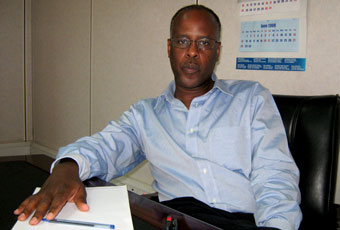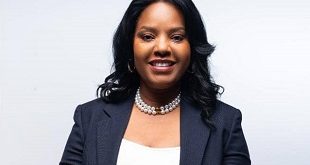
By Patrick Kagenda
After the launch of the Stanbic Bank Uganda Shs 30 billion bond on the Uganda Securities Exchange, the fixed income market is awash with speculation about three other listings that have been on the cards for some time.
The Shs 40 billion Eastern and Southern African Trade and Development Bank (PTA) bond, the Shs 18 billion Housing Finance Bank bond worth, and the National Water and Sewerage Corporation bond are being mentioned.
‘The recent Stanbic bank bond had an interest rate of 14.5% which is very attractive and above the rate of inflation, says Musa Nsubuga, a trade and sales analyst at M`BEA stock brokerage firm that was the local dealer, ‘Considering our economy today, institutions are going for bonds because they are secure .If we take the example of the recent Stanbic bank bond, I can say it was a great success because they wanted Shs 30 billion and managed to raise Shs 26 billion, in such a short time, is enough reason to prove that institutions are comfortable with long term borrowing’.
The effect on the bourse of the recent release of half year results of Stanbic Bank’s performance and the promised Shs 5.7 dividend, activity could return to the bourseand it is also being watched for positive ripples.
Attention has also been fixed on the performance of the Stanbic Bank bond on the secondary. So far there has not been any secondary market trading on the bourse which is not unusual.
Patrick Mutimba, an investment manager at Stanbic Bank says the low response is a result of the bearish market. ‘Trading in bonds on the Ugandan bourse is still at the primary level where institutional investors are the dominant players,’ he told The Independent, ‘The activity is there though not much.’

Most of the bonds target the primary market although some could go to the secondary market. With the current global economic downturn, institutions all over the world are struggling to keep their heads high to assure their customers that bonds are healthy.
Grace Semakula an analyst for securities at the African Alliance brokerage firm says although the primary market for corporate bonds on the USE has been fairly successful, the secondary market has floundered.
‘Due to a limited range of investors, the secondary market lacks depth and activity with trading on the fixed income market segment only occasional,’ he says.
The corporate bodies aim to raise capital for long term investment. Uganda needs to have more instruments and a broader range of investors including pension funds both local and foreign as well as retail investors. This should enhance liquidity and promote bonds as a viable capital raising and investment option.
If the three bonds are successfully launched, they will confirm a growing feeling that bonds are beginning to look like the fashionable investments for Ugandan institutional investors.
The investors believe that bonds are safer investments than equities in light of the capital losses experienced by the Uganda Securities Exchange (USE) investors in the past 15 months.
Patrick Mutimba says bonds are gaining popularity because ‘they are easy to price and give a form of security to the investors. Some people are comfortable with bonds because they offer fixed incomes’.
Although, bonds are among the safest investments in the world, they are not risk free. Bonds that can be considered ‘risk free’ are Governments bonds, but all the other bonds carry the potential risk of default.
As much as the bonds look attractive to investors, the investors should also beware the impact of inflation on the bonds.
 The Independent Uganda: You get the Truth we Pay the Price
The Independent Uganda: You get the Truth we Pay the Price


